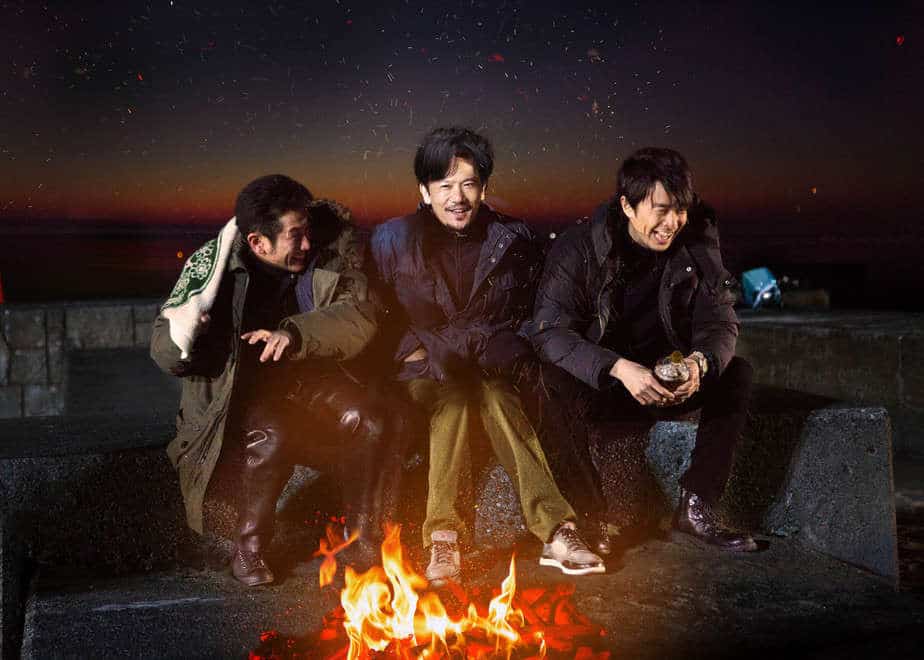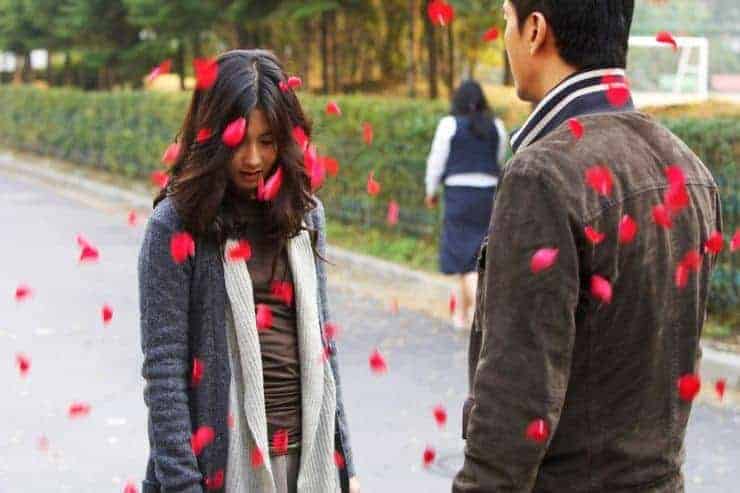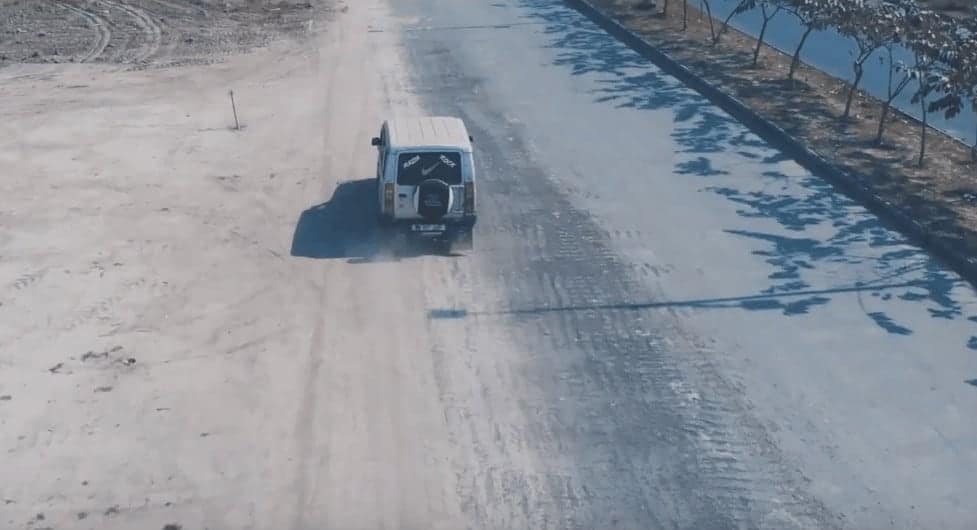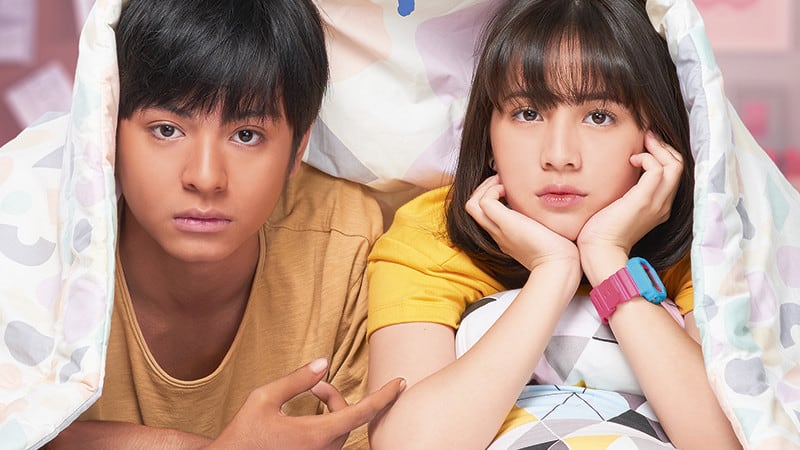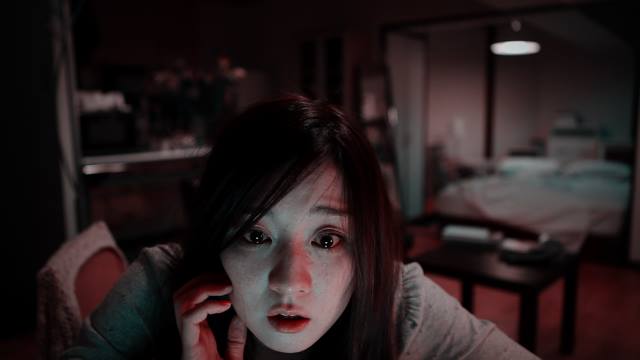My “excursion” in the slow-burning Japanese family drama continues with “Another World”, another indie that deals with social issues in the remote areas of Japan, which manages to stand out, though, due to its deeply dramatic impact.
“Another World” is screening at Nippon Connection

The story revolves around three childhood friends, now closing on becoming middle-aged. Hiroshi owns a charcoal kiln he inherited from his father, in a rather hard line of work that has led him to neglect his hard-working wife, Hatsuno, and particularly his son, Akira, who bears a grudge with him for not realizing he is being harshly bullied at school. Mitsuhiko is the gang's “clown” always being cheerful and in a good mood, despite the hardships his alcoholic father bares on him, and runs the local car dealership. When the third friend, Eisuke, returns from his service in the Japan Self-Defence Forces obviously traumatized, the three friends, and particularly Hiroshi, are forced to take a hard look at both their relationship and their lives.
Junji Sakamoto directs a family drama in the usual style of the Japanese cinema, but injects it with some elements that manage to set it apart. The first one is action, with the film entailing a couple of relatively lengthy fighting scenes (one in particular) that feature great choreography, although a bit hyperbolic. The second is that his messages/social comments are rather clear with the titular one referring to the fact that people who leave their hometowns consider the ones they leave behind of “living in their own small world”. As a result they appear ignorant of their ways of the world. The second derives from the first and is mostly presented near the end of the movie, stating “this small world” is not worse, but just another, and that even in the small, remote towns, one can find ways to do both what he needs to do and what he wants to.

These comments derive from the concept of family, and particularly the relationships of fathers and sons, with every one of the three main characters highlighting different aspect of what parenting is, in a concept that I feel would reveal much of the story in order to be analyzed more deeply. The role of the wife/mother in the small, patriarchic societies is also examined, as is the concept of bullying. In that regard, Junji Sakamoto seems to make a rather unusual comment, in essence stating that a piece of “old good-fashioned violence” is necessary at times. Lastly, the film also deals with the theme of male friendship, highlighting the fact that inside these relationships, men always remain children.
The biggest impact of the narrative, however, comes near the end, when, just before the moment that everything seems to be working out comes a rather harsh plot twist, which transforms the movie into a distinct drama, although Sakamoto has managed to avoid the trap of extreme sentimentalism.
The acting is on a very high level, and one of the best assets of the movie. Goro Inagaki as Hiroshi is excellent as a man lost, who cannot cope with the changes taking place in his profession and his son's life as he grows up. Hiroshi Hasegawa highlights his traumatized depression in the best fashion, both when he acts catatonic and when he overacts. Kiyohiko Shibukawa is the main source of comedy in the film, with him even changing his voice to suit his character's persona, in a delightful performance. Chizuru Ikewaki as Hatsuno provides an anchor of logic and realization in a dysfunctional family, while the highlight of her effort comes during the dramatic scenes. Rairy Sugita is also quite good as the troubled, angry, in search of love and interest from his father Akira, while his eyes when he is mad will definitely stay on memory.

Shingo Goma's cinematography focuses on realism, presenting the bleakness of the setting without any effort in any beatification. Shinichi Fushima's editing keeps the film flowing in a fitting slow pace, although I feel that some more cuts would have actually benefitted the film, despite the fact that it does not lag as much as other similar productions.
“Another World” is a worthy entry in the family drama genre, and in general, a very interesting film.


